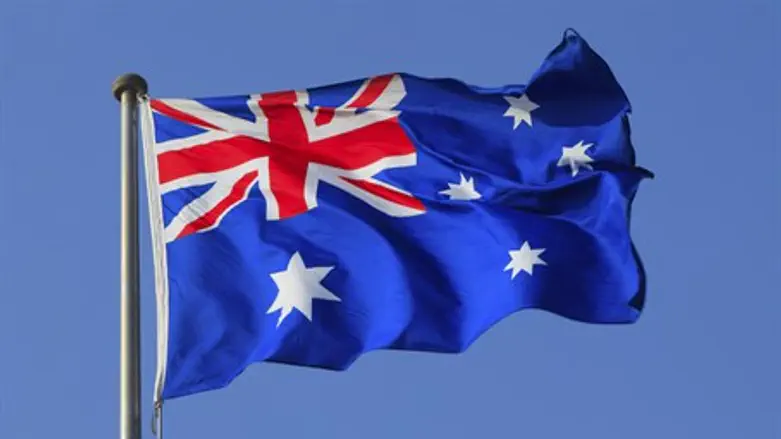
In what can be seen as a counter-move to an anti-Israel motion, a state convention of Australia's Labor party on Sunday approved a motion encouraging party members to spend time in both Israel and Palestinian areas when visiting the region, Haaretz reported.
The resolution, adopted by the New South Wales Labor convention, came a week and a half after it was reported that the party was mulling a proposal by pro-Palestinian lawmakers to ban its members from participating in sponsored trips to Israel.
The anti-Israel motion was proposed by Labor Friends of Palestine and would have precluded state MPs from New South Wales, party officials and Young Labor members from joining paid trips to Israel if passed.
New South Wales, where Sydney is located, is Australia's most populous state. On a national level, the party has been in opposition since its loss in elections in 2013, noted Haaretz.
Reacting to the pro-Israel resolution, New South Wales Board of Deputies president Jeremy Spinak told the Australian Jewish News the resolution that passed was a "sensible outcome" that “rejects the anti-Israel bias and discrimination” that had been pushed by a few party members.
“When organizing our study missions to the region, we always encourage members to visit both the Palestinian territories and Israel in order to get a thorough understanding of the reality on the ground,” he said.
The Labor Party in Australia has a history of anti-Israel bias, and it agreed this past summer on a resolution that should the party come to power, it would consider recognizing Palestinian statehood.
The motion stipulated such course of action on a lack of progress in the currently stalled peace talks between Israel and the Palestinian Authority (PA).
In addition, Bob Carr, a former foreign minister in Australia who was a founder of the Labor Friends of Israel in 1977 and has recently become a patron of the Labor Friends of Palestine, has in the past blamed the "pro-Israel lobby in Melbourne" for wielding “extraordinary influence” on the Australian government.